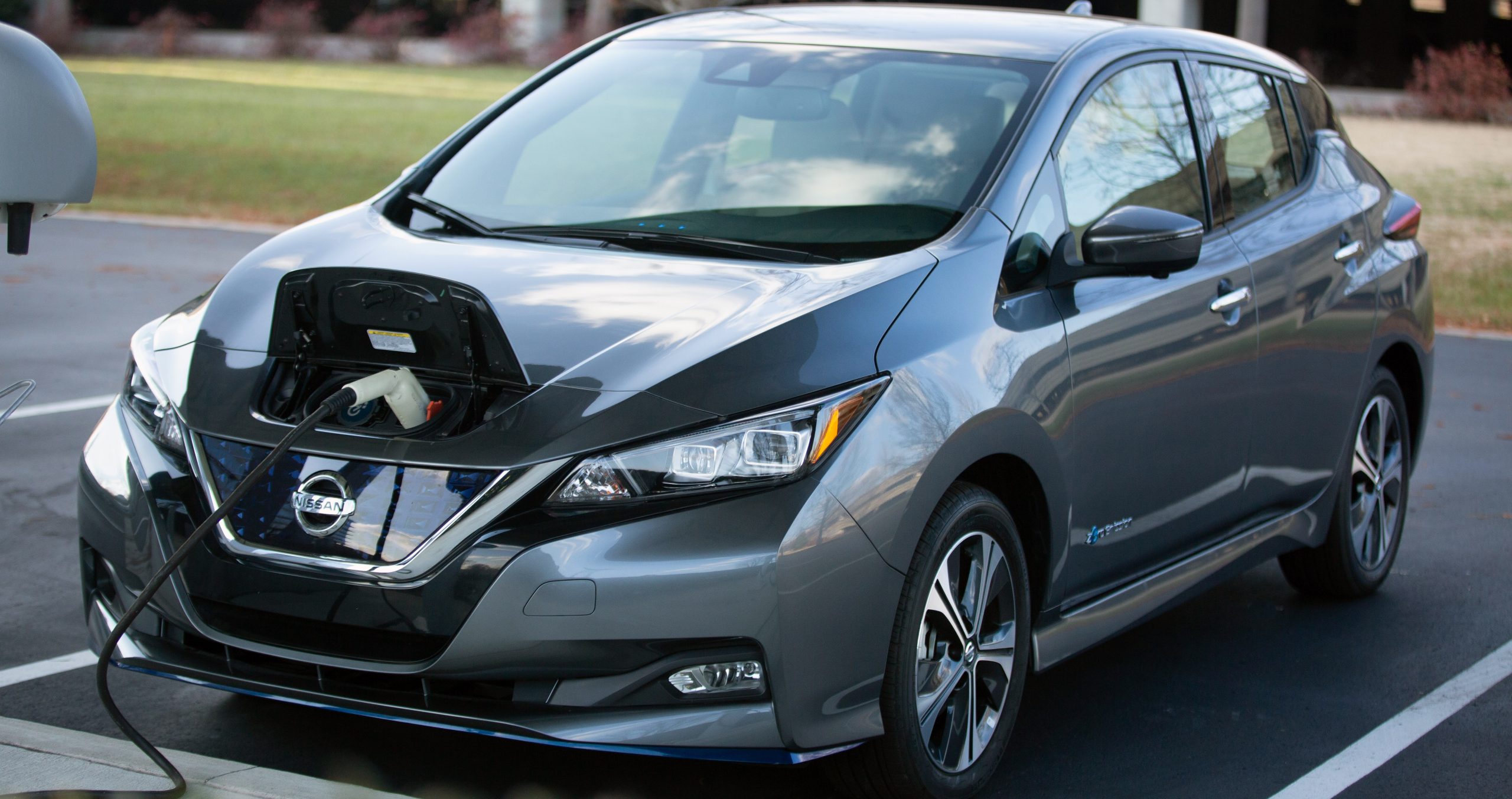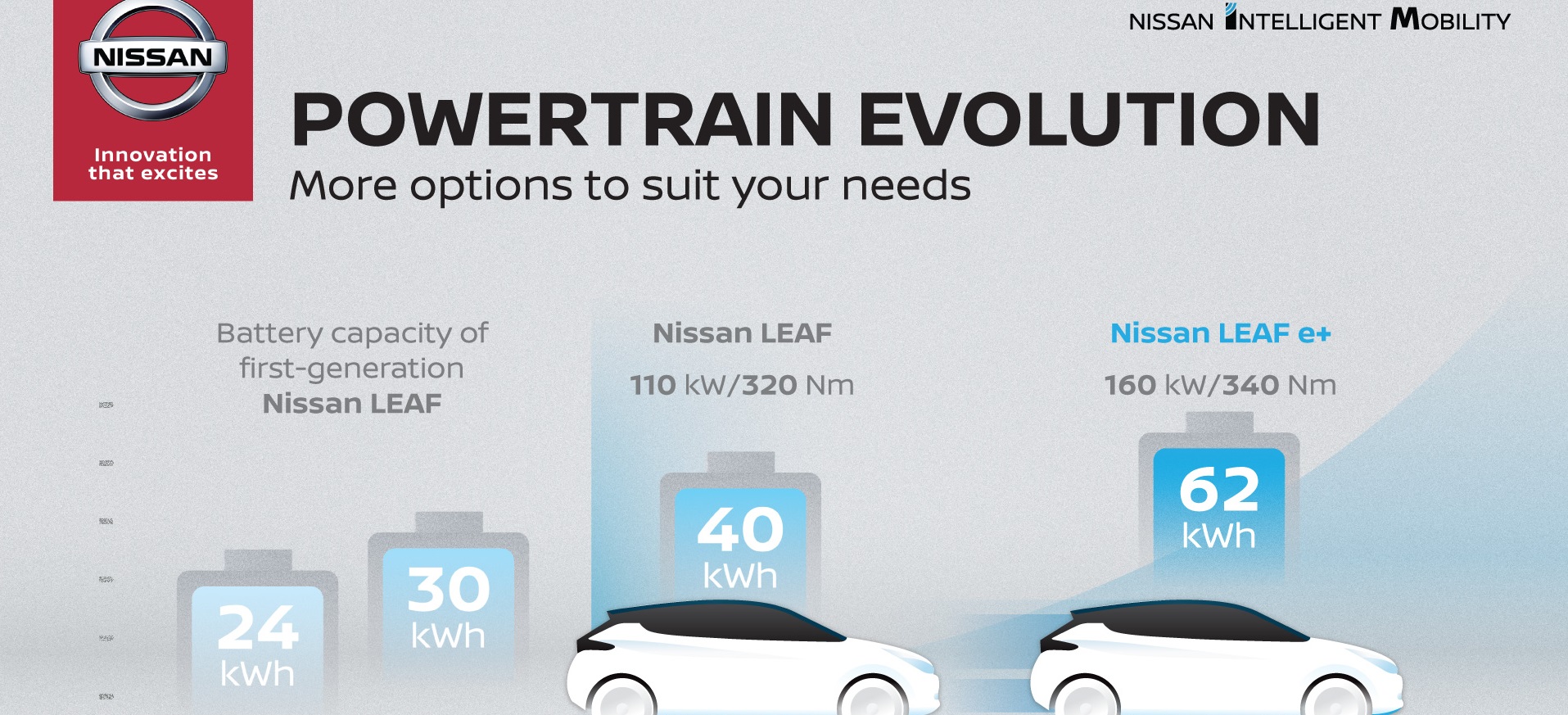There are plenty of benefits associated with owning an EV, and as gas-powered vehicles are slowly phased out, eventually if you own an automobile, it will be an EV. Not only are EVs much better for the health of our planet, they offer plenty of convenience too as, unlike gas-powered vehicles, they can be ‘powered up’ at home.
But not everyone has the option of charging their EV at home, as not everyone owns a house with a convenient parking and charging location. Plenty of people live in apartments and condominiums and have to park their vehicle wherever they can find a parking place. This dissuades such people from owning an EV, as they can only charge their vehicle at places that could be miles from where they live, and there’s always the risk of their EV running out of charge as they journey to the nearest convenient charging station.
So, this begs the question – what are the most convenient ways of owning an EV for apartment dwellers where a charging station or docking point cannot be arranged?

The Government is Looking at Ways of Making EV Charging Station Installation Easier
The good news for apartment dwellers who wish to own an EV is that your government is already thinking of you. The best way to encourage the use of EVs is for multi-unit dwellings such as an apartment block to have designated parking spots, some of which will have EV charging stations. Laws have been passed and legislation is being considered to make it easier for building owners to install EV charging statuibs. Indeed, some laws may make it a necessity that any multi-unit dwelling has at least the potential and ability for charging stations to be installed.
Of course, you may think that the obvious solution is for an apartment owner to apply to be allocated a dedicated parking place, and then pay for the installation of an EV charging point themselves. That, however, comes with another heap of issues. Apartment ownership is much more fleeting than home ownership. What happens if a tenant pays for a dedicated parking place and the installation of a charging point and then – due to a change of circumstances – is forced to move out six months later?
An Apartment Building with EV Charging Stations will Make it More Attractive to Potential Tenants
The onus, therefore, as many people argue, is for building owners to install charging stations. When it comes to getting their apartment rented, having dedicated parking spots and EV charging stations makes rental more attractive to potential tenants. Low-level charging stations are not actually that expensive to install, and an EV left to charge overnight at even a low-level charging station should have enough power come the morning to get any EV owner to any fast charging station within a 100 mile radius.
Of course, multi-unit dwelling does not always mean that a single person owns the entire unit and then rents out each individual apartment. Often tenants each own their individual apartment and then have shared ownership of the unit. In situations like this, the installation of a charging station becomes a little more complicated as the cost of installation is usually seen as a group expense, and not an individual one. However, if the installation is seen as a benefit to the whole group for the attraction of future owners and not just the owner of the EV who desires the installation, then agreements can be reached.
 The new 2019 Nissan LEAF e+ has a 62 kWh battery pack and an EPA-estimated range of up to 226 miles. Sales in the U.S. are expected to begin in spring 2019.
The new 2019 Nissan LEAF e+ has a 62 kWh battery pack and an EPA-estimated range of up to 226 miles. Sales in the U.S. are expected to begin in spring 2019.
Here at the Charlie Clark Nissan Harlingen showroom, we always have a decent selection of EVs and hybrid vehicles available for purchase, so please check out our inventory. If you want to learn more, then you can always contact us at (956) 423-6975 or online through our contact form.



































